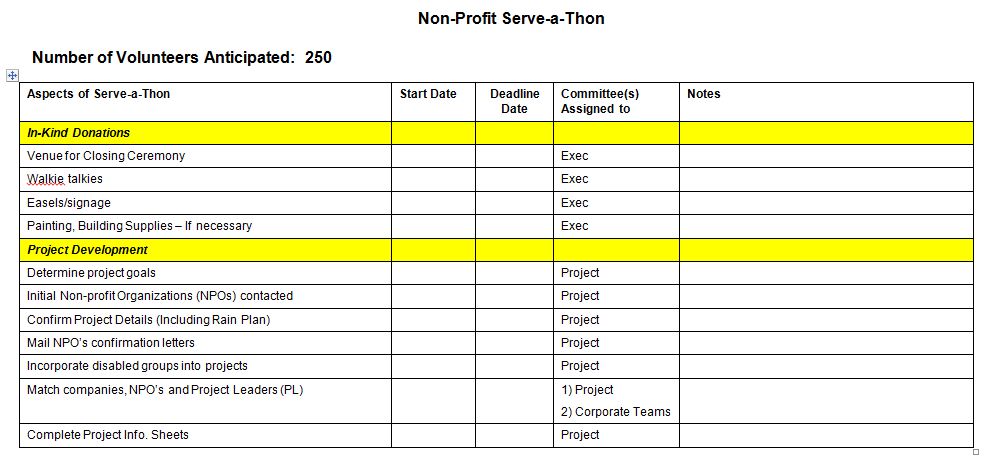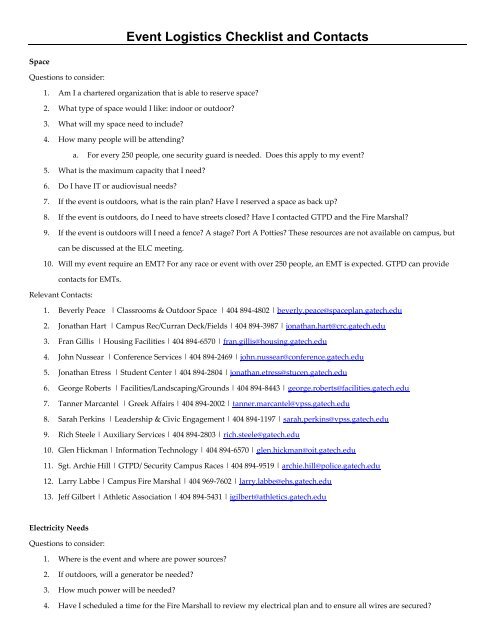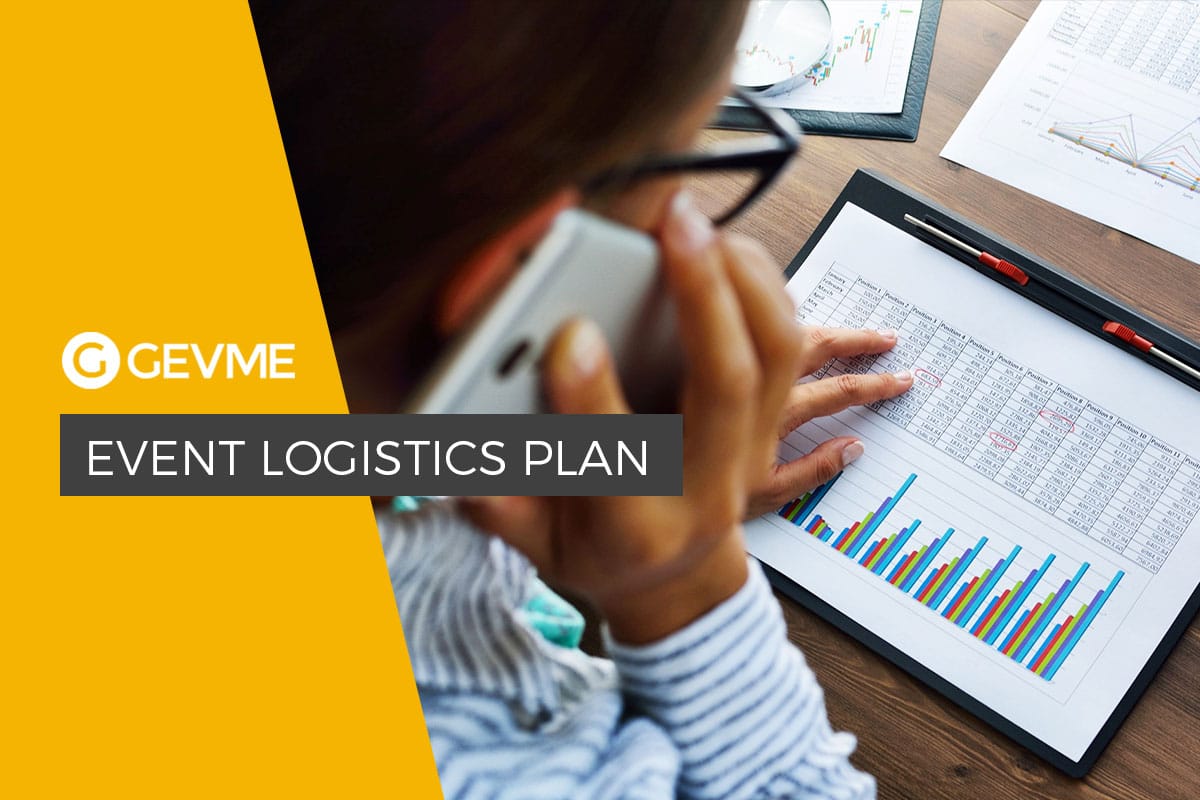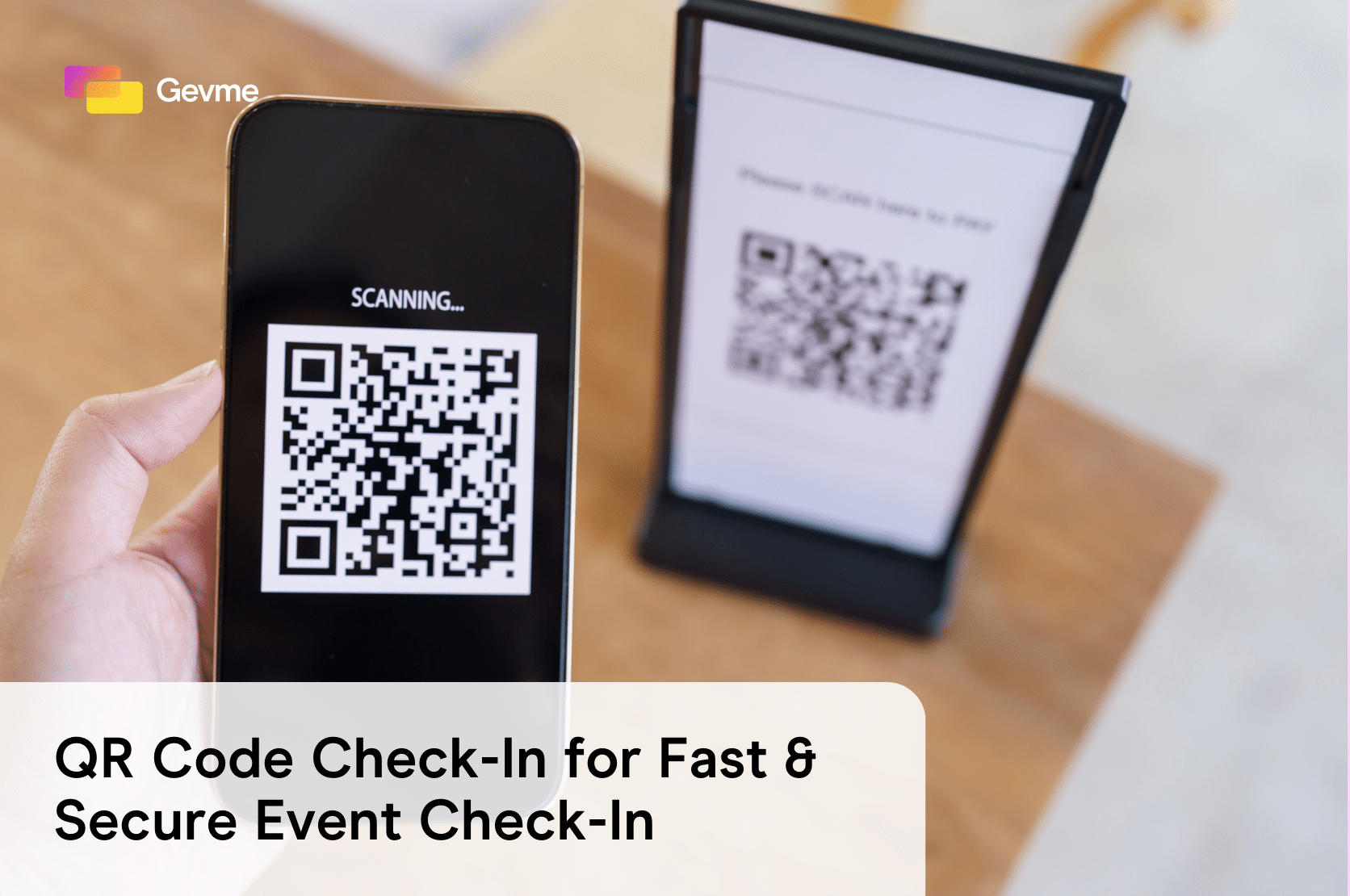The logistics of an event include the management of technical support services and the competent management of the flow of visitors on the day of the event (navigation, coordination of actions, etc.). To cope with multiple tasks successfully, you must understand the different components of a logistics plan for an event and come up with an effective event logistics plan.
What is a logistics plan?
The task of a professional event organiser is to provide high-quality logistical support during site preparation and on the day of the event, which will ensure the smooth running of the event. Organisers can coordinate every detail and promptly respond to emergency situations, helping the entire event run like a well-oiled machine. This skill is only gained with experience. Don’t risk your own reputation; always trust your event to experienced professionals, and never underestimate the importance of event logistics for success.
Importance of event logistics
Planning the logistics for an event and event management is all about the integrated planning and control of moving event merchandise, food, transport, equipment, and people to be at the event site on time and in the most efficient and cost-effective manner while also monitoring the internal and external networks thanks to your effective logistics plan for an event.
What do event logistics include?
The logistics of an event include the management of technical support services and the competent management of the flow of visitors on the day of the event. Here’s what else can be added to the list.
Venue logistics
It’s important to consider a few key factors, such as the estimated attendance, duration of the event, budget, venue capacity, etc.
Warehousing & distribution
Warehousing and distribution management give you more control over your event venue management and reduce the costs.
Delivery management & loading schedules
This can help to minimise even very large logistics management and transportation planning problems. Waiting and loading times are dramatically reduced with a strong delivery schedule and load plan.
Transportation
Any transfers of people or event items from place to place and the various means by which such movement is accomplished should be considered.
Asset tracking, freight, bump out logistics
At the end of the event, you will need to manage tracking, management, retrofitting, and disposal of all materials and assets. In this case, event logistics consist of getting everything in and out of the event at exactly the time you need.
How to create an event logistics plan
Meeting space reservations, including setup and layout, onsite events, etc., demand a robust plan or using the additional integrated apps. To create an effective event logistics plan, consider the following:
- Event goals & strategy
- Budget
- Target audience
- Theme
- Number of attendees
- Catering
- Program
- Promotion
Of course, the list of things you need depends on what type of event you are having. For example, if it’s being held outside, the list will be slightly different: food trucks, umbrellas, mobile stage, etc. Make your logistics list in advance and markdown whether you have considered everything you need.
Event logistics checklist
Here’s an event planning logistics checklist that includes the key event logistics items:
- Development of a logistics plan/scheme for the event
- Preparation of a time plan for the event while at the site
- Development of the technical requirement of the event
- Arrangement of technical specifications and design solutions for conference services, taking into account the specific characteristics of the event site (equipment, design, food, staff, etc.)
- Conclusion of contracts with technical contractors of the event
- Preparation of the transport scheme of the event, the organisation of flights and transfers, etc.
- Coordination and monitoring of the time schedule for the day of the event
To better understand the plan’s structure, you can always look up event logistics plan examples.
Templates & examples
Drawing up a logistics plan is an important starting point for your event business plan, and it needs to be considered in detail. That’s why the recommendation is to use an event logistics template.


Event logistics tips
If the event is already scheduled, make every effort for everything to be ready in advance: All the necessary materials should be delivered, the equipment must be installed, the bills should be paid, etc.
Check if you have any extra supplies for unpredictable emergencies or inconveniences, such as paper clips, pins, scotch tape, scissors, spare microphones, additional cars for transfers, a vacant food/décor vendor, and other staff, depending on the type of event. Of course, the list of what you need will depend on what kind of event you are planning.
A pro tip:
After the logistical planning of events and once you double-check to make sure that everything is delivered and installed properly, try to get a good night’s sleep. The next day might be a stressful and demanding one, so you should get some rest so you’re prepared for whatever happens!
Detailed planning is the key to a successful event logistics
When planning the logistics of any event, as well as implementation and control, careful organisation and considering different aspects of each program and location are all critical to the success of the event. Possible changes should be quickly integrated into the overall plan since it is necessary to “foresee the unforeseen” and be able to quickly identify optimal solutions.
Use the logistics checklist for an event to determine your service needs, and contact us for help or advice with using our platform.
Feel free to leave your own comments about logistics planning below.








